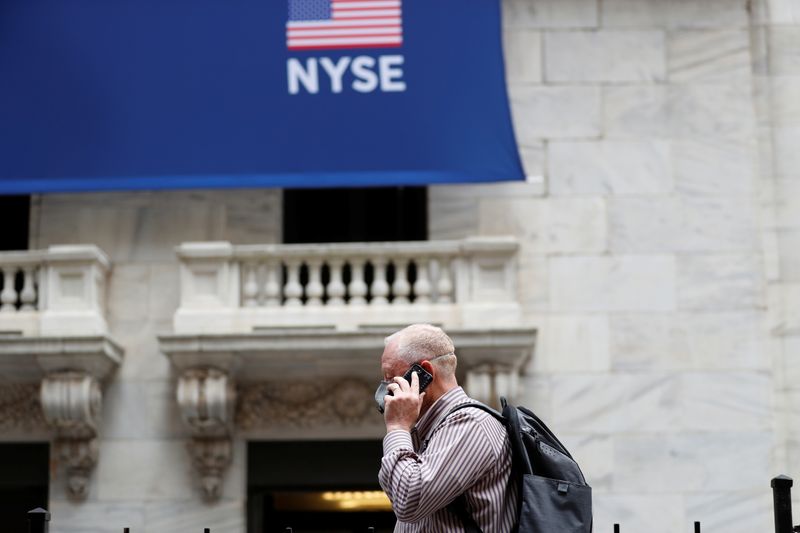This post was originally published on this site

What’s behind this shift in momentum on Wall Street? The fear of an impending economic slowdown due to anemic job growth. According to the U.S. Bureau of Labor Statistics early this month, the U.S. economy added two hundred thirty-five thousand jobs in August, down from 1.1 million added in July.
More recently, the August University of Michigan’s consumer sentiment, which came in at 70.3, added to growth concerns. That’s the lowest reading over a decade, as consumers grow more pessimistic as personal financial prospects continue to worsen due to smaller income gains amid cuts in unemployment benefits.
Low consumer sentiment isn’t a good sign for the consumer sector, which is already under pressure, as evidenced by weak July retail sales. Moreover, consumer spending counts toward more than two-thirds of the U.S. GDP, meaning that the economic recovery is at risk should this trend continue.
Then there’s inflation, which is turning into a real problem for consumers and investors. For example, August producer prices in the United States increased at an annual rate of 8.30 percent. That’s four times higher the Fed’s official inflation target and the highest reading since at least November of 2010. Producer prices represent the selling prices of domestically produced items.
The firm inflation numbers released in recent months begin to undermine the Fed’s assumption that inflation is transitory rather than persistent, meaning the nation’s central bank may have to taper sooner rather than later or risk losing credibility in the debt markets. Already, the 10-year Treasury bond yields have been heading north, as lenders are reluctant to lend money to the U.S. government as inflation persists.
Plus, there are growing concerns that the dominant position of technology giants could be challenged in court by smaller technology companies and regulators. For instance, a court ruling in the Epic Games Apple (NASDAQ:AAPL) dispute could result in Apple (APPL) losing billions of dollars of revenue.Moreover, the ruling could further hurt Google’s revenues (NASDAQ:GOOGL), which is worrisome because both of those stocks make up a big chunk of major equity indexes.
Meanwhile, there are equity market valuations, which are overstretched, no matter which matrix is used. That’s especially so if the economy slows down and earnings growth doesn’t keep up with share price growth.
Also, there are seasonal jitters, adding to investor anxiety. Autumn is usually a turbulent season for Wall Street. Some major crashes have happened in autumn, including a 10% correction last September and the 1929 and 1987 crashes in October.
While it’s unclear whether these factors will turn a one-week bear trend into a multi-week bear trend, ending the multiyear bull market, one thing is clear: volatility will continue on Wall Street, separating the value from vice.
Disclosure: At the time of publication, Panos Mourdoukousas had a position in the securities mentioned in this article.
Disclaimer: The information contained in this article represents the views and opinion of the writer only, and not the views or opinion of Tipranks or its affiliates, and should be considered for informational purposes only. Tipranks makes no warranties about the completeness, accuracy or reliability of such information. Nothing in this article should be taken as a recommendation or solicitation to purchase or sell securities. Nothing in the article constitutes legal, professional, investment and/or financial advice and/or takes into account the specific needs and/or requirements of an individual, nor does any information in the article constitute a comprehensive or complete statement of the matters or subject discussed therein. Tipranks and its affiliates disclaim all liability or responsibility with respect to the content of the article, and any action taken upon the information in the article is at your own and sole risk. The link to this article does not constitute an endorsement or recommendation by Tipranks or its affiliates. Past performance is not indicative of future results, prices or performance.

